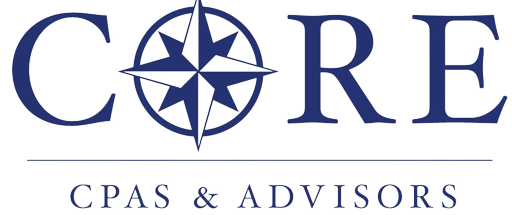Why Business Tax Returns Are Basic If You Want to Thrive
At Core CPAs & Advisors we perfectly understand the complexity that tax management entails for companies. For this reason, we specialize in providing a comprehensive service of advice and preparation of tax returns for companies, intending to help you comply with your tax obligations in an efficient and safe way. In this blog, we take care of clarifying this topic that can become confusing without an expert guide. By knowing the different types of business tax returns, you will be able to know which one your company will need to file and avoid penalties with the IRS. Read on to learn more!
What are business tax returns?
Business tax returns in the US are documents filed with the Internal Revenue Service (IRS) or state and local tax authorities to report a company's financial activity and determine its tax liability for a specific tax year. It has two main purposes: to calculate tax liability and to report income and expenses.
When submitting your federal income tax return for your business, the specific documentation and forms required are contingent upon the structure under which your business operates.
What are the types of business tax returns?
-Sole proprietor: In this case, both the owner and the business are the same. You have the option to declare both your business earnings and expenditures on a Schedule C form, which is submitted alongside your personal income tax return (Form 1040).
-C corporation: A C corporation is an independent legal entity subject to taxation. In this case, you will file Form 1120 for your business return..
-C corporations pay taxes on their profits, and shareholders are taxed on dividends and gains received, leading to double taxation..
-Partnership: Partnerships are business entities formed by two or more people who share ownership and profits/losses. They file a separate tax return from the partners themselves. You will use Form 1065 in this case. This return reports the partnership's overall income and expenses, and the partners then report their share of the partnership's profits or losses on their individual tax returns..
-S corporation: These are specifically elected tax classifications for corporations that meet certain requirements. They generally "pass-through" their profits and losses to the shareholders, who then report them on their individual tax returns. This avoids double taxation on corporate profits. For this case, you will use Form 1120S.
There may be additional factors to consider depending on your specific business and tax situation, so we strongly recommend consulting with your #TeamOfTaxExperts at Core CPAs & Advisors to be clear on the full picture before submitting any returns.
At Core CPAs & Advisors we are constantly preparing and updating ourselves to keep up to date with government regulations to guide you efficiently through the intricate world of business tax returns. By understanding these concepts, you will be able to thrive—save time and money. We have our high-quality flagship service that answers all your tax needs, which saves you time and money and gives you the security of having expert help.
Want expert guidance starting today?
RELATED POSTS
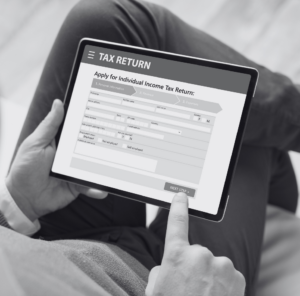
Tax Refund
Everything you need to know about a tax refund What is it? A tax liability is a payment owed by an individual, business, or other
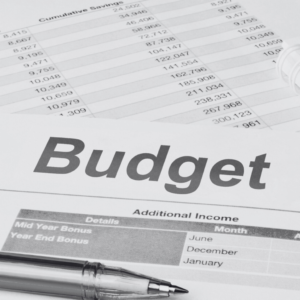
How to manage your personal budget
How to manage your personal budget With all the personal expenses you have nowadays to live, from renting a house to buying food, it can

Are you in the Medical Field? Our Tax Planning for Medical Professionals May be for You!
Are you in the Medical Field? Our Tax Planning for Medical Professionals May be for You! The medical field has always been one of the
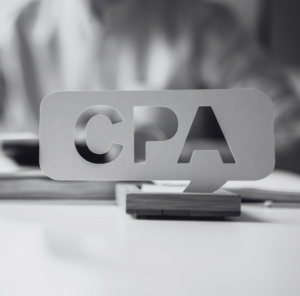
How often should you visit your CPA in Orange County?
How often should you visit your CPA in Orange County? Regular visits to your doctor and dentist are the law. You don’t need anyone to
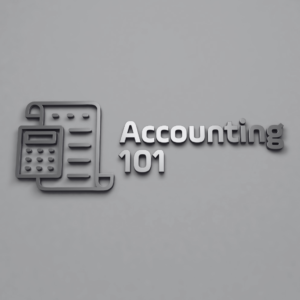
Accounting 101 why you need a good bookkeeper to help your business
Accounting 101 why you need a good bookkeeper to help your business In order to have good management of any company, regardless of its line

How to Prepare for Crypto Audits
How to Prepare for Crypto Audits The world of cryptocurrency is still a novelty for the vast majority of people and, therefore, a mystery. This
